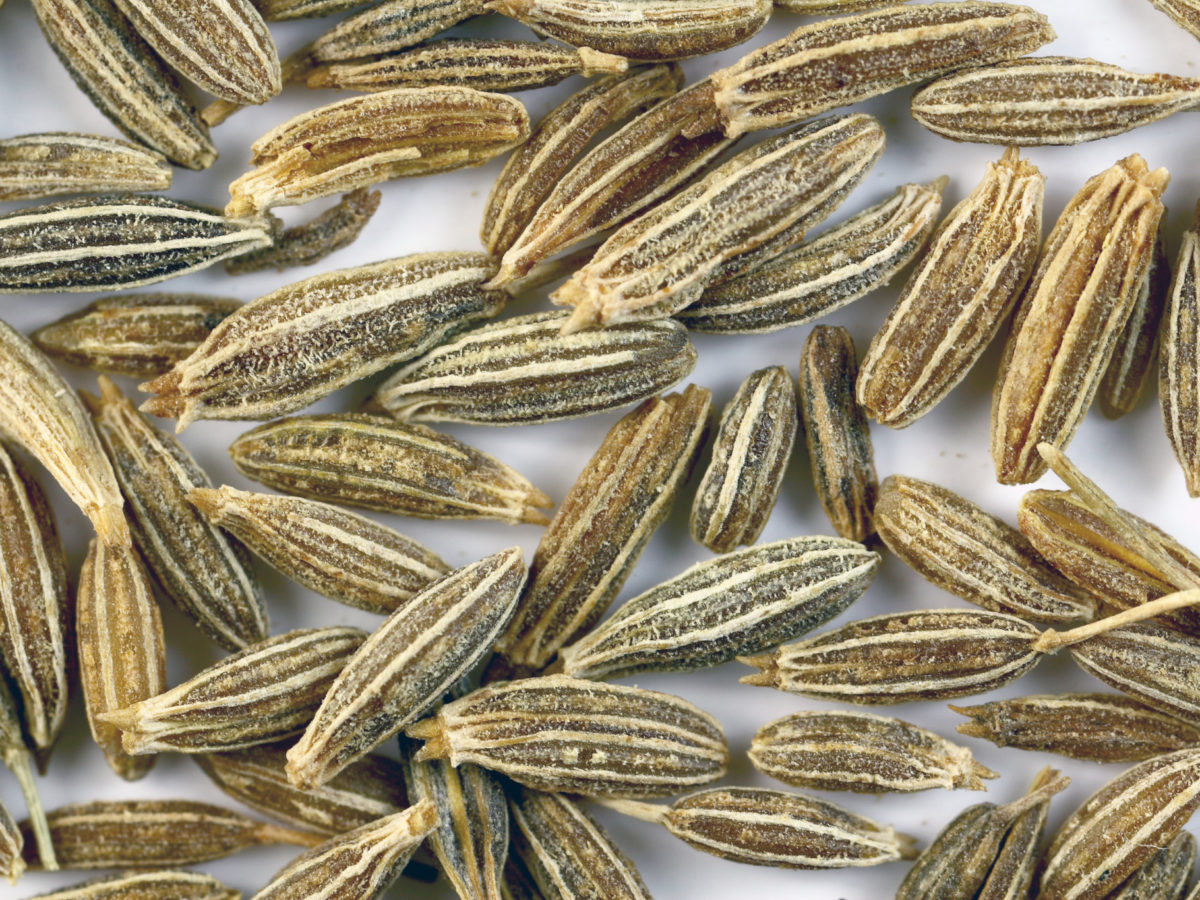Health Benefits of Cumin
What are the health benefits of cumin?
Cumin is a popular spice that is widely used in cooking, especially in Indian, Middle Eastern, and Mexican cuisines. It not only adds flavor to dishes but also offers several potential health benefits. Here are some key health benefits of cumin:
- Digestive Aid: Cumin is known for its ability to aid digestion. It stimulates the secretion of pancreatic enzymes, which helps break down food and improve digestion. It can also help relieve gas, bloating, and indigestion.
- Rich in Antioxidants: Cumin contains antioxidants such as flavonoids and phenolic compounds, which help protect cells from damage caused by free radicals. This can help reduce the risk of chronic diseases like heart disease, cancer, and diabetes.
- Anti-Inflammatory Properties: Some studies suggest that cumin has anti-inflammatory properties, which may help reduce inflammation in the body and alleviate symptoms of inflammatory conditions like arthritis.
- Improved Blood Sugar Control: Cumin may help improve blood sugar control, which can be beneficial for people with diabetes. It may also help lower cholesterol levels.
- Weight Loss: Some studies suggest that cumin may aid in weight loss. It can help increase the activity of digestive enzymes, which can speed up digestion and metabolism.
- Respiratory Health: Cumin has traditionally been used to treat respiratory conditions like asthma and bronchitis. It has expectorant properties, which can help loosen mucus and phlegm in the respiratory tract.
- Immune System Support: Cumin is rich in vitamins and minerals like vitamin C and iron, which are important for a healthy immune system. It may help boost immunity and protect against infections.
- Skin Health: The antioxidants in cumin may help protect the skin from damage caused by free radicals, which can reduce the signs of aging and promote overall skin health.
Including cumin in your diet can be a flavorful way to enjoy these potential health benefits. It can be used in a variety of dishes, including curries, stews, soups, and spice blends.
What are the health risks of cumin?
Cumin is generally safe for most people when consumed in moderate amounts as a spice in cooking. However, there are a few potential health risks associated with cumin, particularly in certain situations or when consumed in large amounts. Here are some potential health risks of cumin:
- Allergic Reactions: Some individuals may be allergic to cumin or other plants in the Apiaceae family, such as celery, carrots, and parsley. Allergic reactions can range from mild symptoms like itching and swelling to more severe reactions like difficulty breathing. If you have a known allergy to plants in the Apiaceae family, you should avoid cumin.
- Skin Sensitivity: Cumin contains compounds that can cause skin irritation or sensitivity in some people. Handling cumin seeds or products containing cumin may lead to redness, itching, or a rash, especially in individuals with sensitive skin.
- Gastrointestinal Issues: Some people may experience gastrointestinal issues like bloating, gas, or indigestion when consuming large amounts of cumin or if they have a sensitive digestive system.
- Blood Sugar Levels: While cumin may help improve blood sugar control in some individuals, it may also interact with diabetes medications or other medications that affect blood sugar levels. If you have diabetes or are taking medications, it’s advisable to consult with a healthcare provider before consuming large amounts of cumin.
- Pregnancy and Breastfeeding: There is limited information available about the safety of consuming cumin during pregnancy and breastfeeding. While it is generally considered safe when used as a spice in cooking, it’s best to consult with a healthcare provider before consuming larger amounts or using cumin supplements.
- Interaction with Medications: Cumin may interact with certain medications, particularly those that affect blood sugar levels or blood clotting. If you are taking medications, especially those that affect blood sugar or blood clotting, it’s advisable to consult with a healthcare provider before consuming large amounts of cumin.
Overall, cumin is a safe and flavorful addition to a balanced diet for most people when consumed in moderation. If you have specific allergies, sensitivities, or health conditions, it’s always best to consult with a healthcare provider before making significant changes to your diet.




